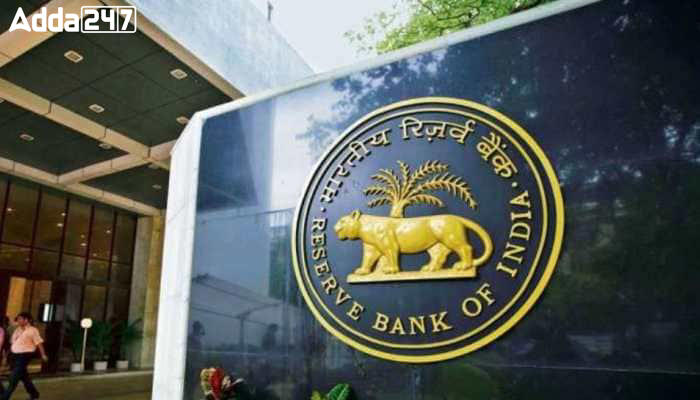The Reserve Bank of India (RBI) has initiated several measures to address the increasing risks of payment frauds and to enhance operational efficiencies in the banking sector. Below are the key highlights:
Digital Payments Intelligence Platform
To combat the rising incidence of domestic payment frauds, which surged by 70.64% to Rs 2,604 crore in the six-month period ended March 2024, the RBI plans to set up a Digital Payments Intelligence Platform. This platform will utilize advanced technologies to mitigate fraud risks. A committee headed by A.P. Hota, former MD & CEO of NPCI, has been formed to examine the setup of this digital infrastructure, with recommendations expected within two months.
Revised Bulk Deposits Limit
The RBI has proposed to revise the definition of bulk deposits for commercial banks (excluding RRBs) and small finance banks to single rupee term deposits of Rs 3 crore and above, up from the current Rs 2 crore limit. For local area banks, the bulk deposit limit is proposed to be Rs 1 crore and above, aligning it with the regional rural banks (RRBs). This revision allows banks to offer differential interest rates on bulk deposits based on their Asset-Liability Management (ALM) needs.
Automatic e-Mandate Facility
Under the e-mandate framework for recurring transactions, the RBI will introduce an automatic replenishment facility. This facility will trigger automatic balance replenishment in Fastag or NCMC accounts when they fall below a customer-set threshold, exempting such transactions from the current requirement of a pre-debit notification 24 hours before the debit.
UPI Lite e-Mandate
The RBI has decided to include UPI Lite under the e-mandate framework by enabling an auto-replenishment facility. Customers can set a threshold for their UPI Lite wallet, which can hold up to Rs 2000 and facilitate payments up to Rs 500. The proposed changes will eliminate the need for additional authentication or pre-debit notifications for these transactions.
Rationalization of Export and Import Norms
The RBI plans to rationalize guidelines on the export and import of goods and services to reflect the evolving dynamics of global trade. This rationalization aims to simplify operational procedures, promoting ease of doing business for all stakeholders involved in cross-border trade transactions.








 CCPA Imposes ₹10 Lakh Penalty on Rapido ...
CCPA Imposes ₹10 Lakh Penalty on Rapido ...
 Foxconn’s Bengaluru Plant Begins iPhone ...
Foxconn’s Bengaluru Plant Begins iPhone ...
 Microsoft Tops TopBrand 2025 Global Bran...
Microsoft Tops TopBrand 2025 Global Bran...

